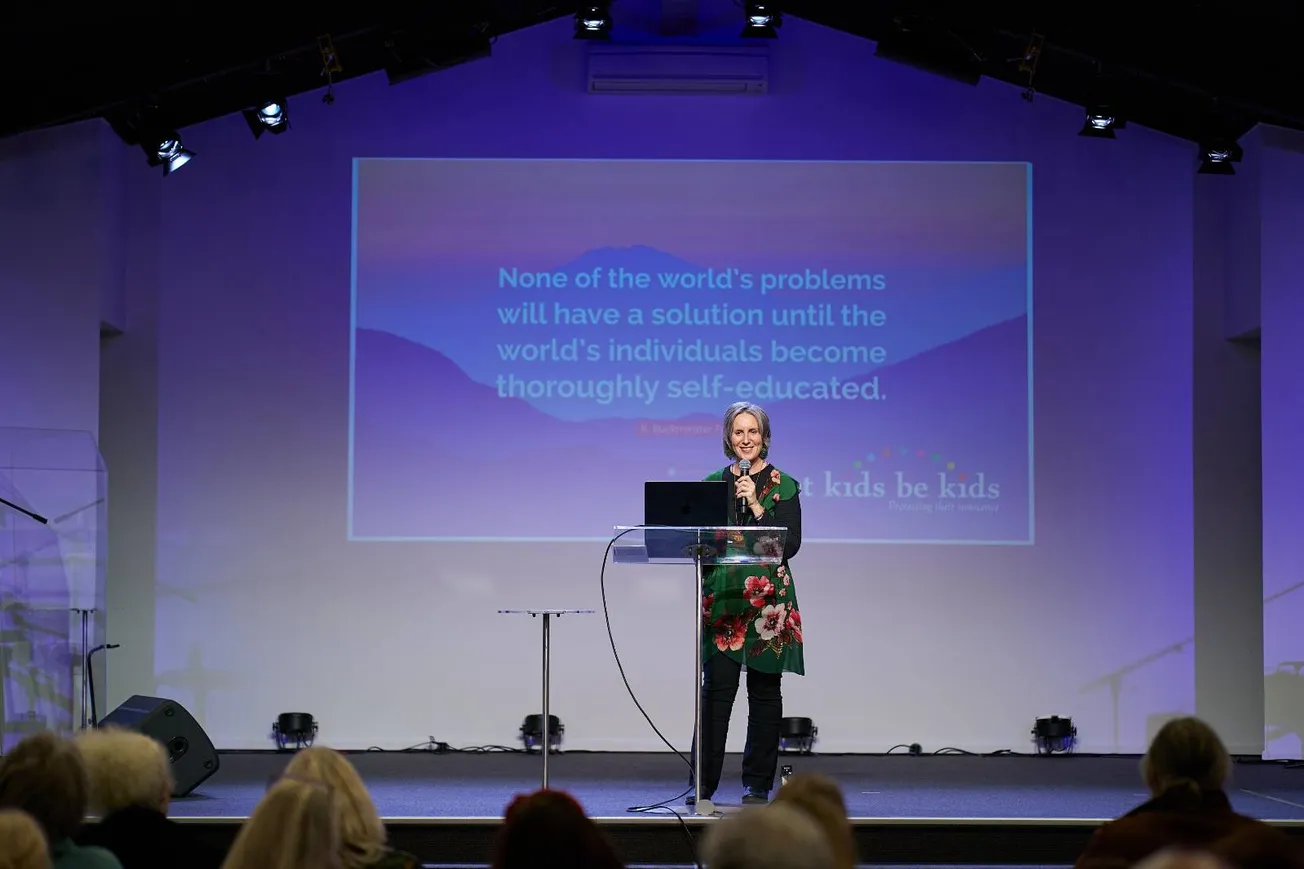Table of Contents
Mark Freeman
A Waikato mother is travelling around the country, informing people about the sexualisation of children in the school curriculum and encouraging parents to find out more from their children’s schools.
Penny Marie is the founder of Let Kids Be Kids, a New Zealand-wide grassroots network of parents and grandparents “committed to the well-being of children”. She’s warning about Relationships and Sexuality Education (RSE) content in schools, including gender ideology.
Some of the things she wants parents to know about RSE include:
- The Ministry of Education’s RSE guidelines saying children as young as five should understand the difference between biological sex and gender.
- Parents being told that if their children believe they were born in the wrong body and aren’t encouraged to ‘transition’ to another gender, then they are at a high risk of suicide. Words such as inclusion, diversity, kindness, antibullying, safety and respect are being misused to create division and social change.
- Some girls are feeling unsafe in female changing rooms because they’ve been told that to speak out about biological males in their spaces is not “inclusive”.
- That current RSE guidelines are encouraging schools to embed sexuality education in every school subject.
Ms Marie is urging parents to find out what their child’s school is teaching their child about sexuality and gender. There is a lack of informed consent in schools, she says, and parents are largely unaware of what’s going on. “These policies are not fit for purpose, yet we’re not being asked about them. The so-called experts creating the guidelines and lesson content appear to have omitted parents almost entirely.”
Schools are supposed to be transparent with their information about RSE, and legally parents have the choice to opt their children out of it, she says, but “you can’t not tell the parents what’s going on and then expect them to opt out”. Many schools tell parents they can’t give them the information – which is a “big red flag” – or they only give them a list of topics.
Ms Marie advises parents to ask the schools questions about RSE and ask for details, such as lesson plans and the videos being watched in class. “Politely ask what is being taught – parents have the right to know.”
The Government is reportedly removing and replacing the latest RSE guidelines, introduced in 2020, as part of National’s coalition agreement with New Zealand First. But the review of the RSE does not appear to be high on the list of the priorities of Minister of Education, Erica Stanford, Ms Marie says. “Whilst we’re waiting for a decision, the children are still receiving all of this in schools. At the end of the day, nothing is happening. The schools haven’t got the memo. It should have happened straight away and it didn’t.”
The Let Kids Be Kids roadshow has been received extremely well by audiences, with numbers varying, she says. “People come if they’re already aware or if the issues we raise have impacted someone they know. But people find it hard to believe it’s happening.”
Let Kids Be Kids has had only a small amount of opposition, mostly online, she says. Some community Facebook pages have banned the group’s posts promoting their local events. Some people opposed to Let Kids Be Kids have contacted their venues and tried to cancel them, but their tour has continued and grown due to public interest.
For more information, go to www.letkidsbekids.nz.









